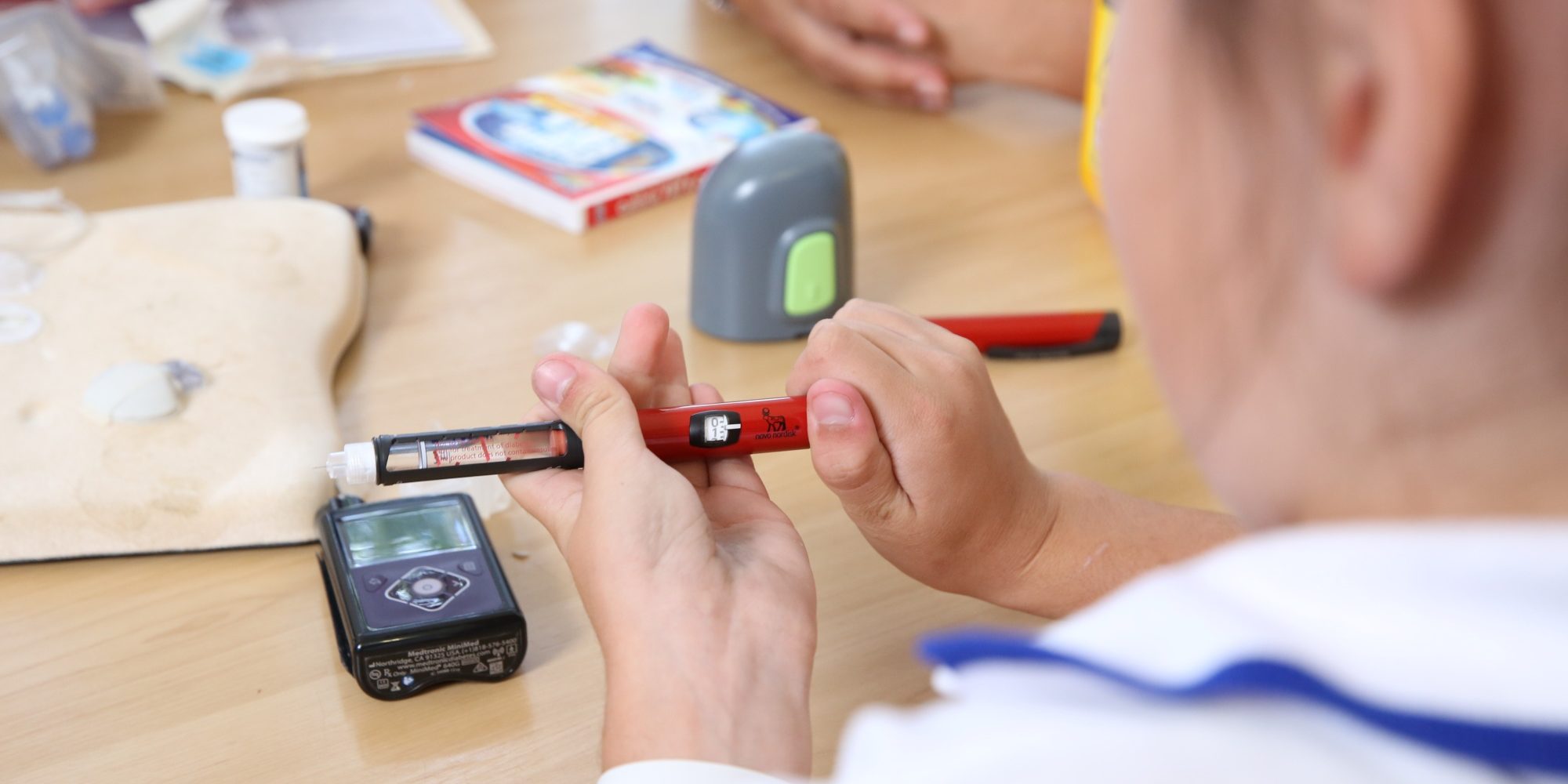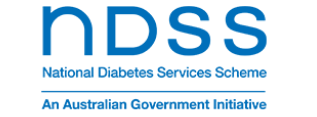This Article is an Introduction to Legislation
Insulin is a schedule 4 medication (requiring a prescription). Each state and territory has its own legislation that details who may administer schedule 4 medications to others. This legislation does not distinguish between medications that are administered orally and medications administered by other means (such as those administered by injection). Registered health professionals are permitted to administer schedule 4 medications under the legislation.
The legislation also permits other people, such as support people, to administer medications in circumstances where the person for whom the medication is prescribed is unable to do so themselves. These provisions allow school staff to administer insulin providing that certain conditions are met.
Complying with poisons legislation
There are a number of requirements that the school must meet to ensure compliance with the poisons legislation for the administration of insulin, including:
- Obtaining the consent of the parent or carer, or, where appropriate, of the student, to permit school staff to assist with the administration of insulin and related procedures as outlined in the student’s diabetes management plan
- Ensuring that all designated staff – that is, school staff who assist with a student’s type 1 diabetes management and administer insulin – are appropriately trained to Levels 1, 2 and 3 via the Diabetes in Schools program, and that this training is regularly updated
- Ensure that there is a diabetes management plan in place for the student, which details the student’s needs, provides information about the student’s treatment regime and the administration of insulin (and the mode of administration), and is completed and signed off by the student’s treating health professionals
- Ensure that the student’s medication is prescribed by a health professional and that the directions of the health professional are followed, which will be outlined in the student’s current diabetes management plan and must be completed/signed off by the student’s treating health professionals
- That insulin is appropriately stored whilst on school premises, in accordance with the principal’s directions/relevant school policy about how insulin must be stored (and ensuring it is readily available for the student(s) if needed urgently or in an emergency); and
- That there are facilities for the safe disposal of sharps/needles.
Many of these requirements concerning the administration and storage of medicines are likely to be outlined in relevant policy and guidance issued by the state or territory departments of education (or other relevant state or territory departments). Schools should comply with relevant policy and guidance as required in each state and territory, but note that such policy and guidance may not always address some of the more specific factors that require attention in the context of supporting students with type 1 diabetes in the school setting.
(For a student with type 1 diabetes this information will be detailed in the diabetes management plan signed off by the health professional, and provides additional instructions for administering the medication, which may not be outlined on the label of the medication).









